
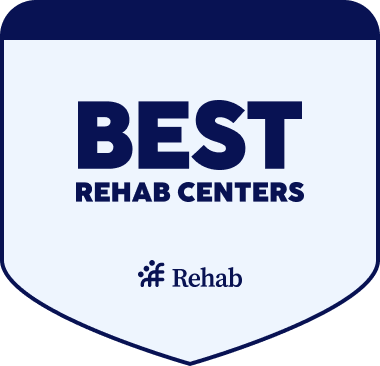
Outpatient Alcohol and Drug Rehab
Outpatient drug rehab provides a flexible and effective way to overcome drug or alcohol addiction without putting life on hold.
Addiction Centers That Offer Outpatient
| Name / Address / Rating | Description | Treatments / Payments / Programs | Review / Contact | Images |
|---|---|---|---|---|
Cave Creek, AZ 1
Top 10 in Outpatient
Rehab Score
Our Rehab Score is designed to make it easier for you to find the best treatment centers. We combine overall ratings with recent feedback to create a score that reflects a center’s quality right now.
8.90 / 10 | Soberman’s Estate, located in Cave Creek, Arizona, is an alcohol and drug rehab center that provides addiction treatment services to adult men, professionals, and public figures. They are a discrete, luxury rehab for individuals aged 30 to 80 years old. This location caps their treatment center at ten men at a time. Soberman’s Estate focuses on | Treatments Programs Payment Options | Soberman’s Estate was everything I needed for my recovery. The staff, the program, physical activity and culinary experience were top notch and essential. The program is well designed and worked better than I expected. The staff is remarkable – professional, considerate and genuinely caring. My time there and being removed from alcohol for five weeks was everything I needed to remove my craving for alcohol. Soberman has changed my life in ways I never could have imagined. I feel confident, secure and grateful for my new life. I have reconnected with my family and friends. Thank you Soberman.
George B.
3 months ago
Yes, very professional staff, treatment, therapist, chefs were good! even the home cook did the best she could, and loved the horses of Course! Saturday morning hiking was fun to explore the trails of the nearby mountain area!
John E Williams
3 months ago
I had a great experience overall and would recommend it to anyone wanted to jump start their sobriety!!
Kevin Crawford
3 months ago
| 
5 5 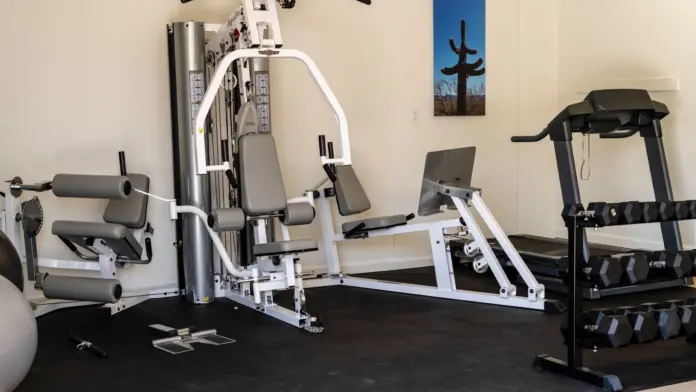
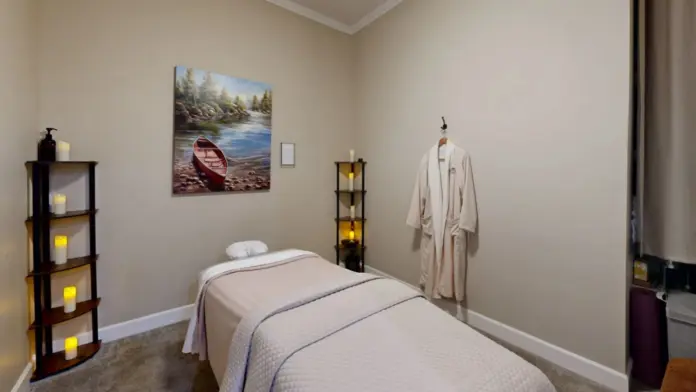

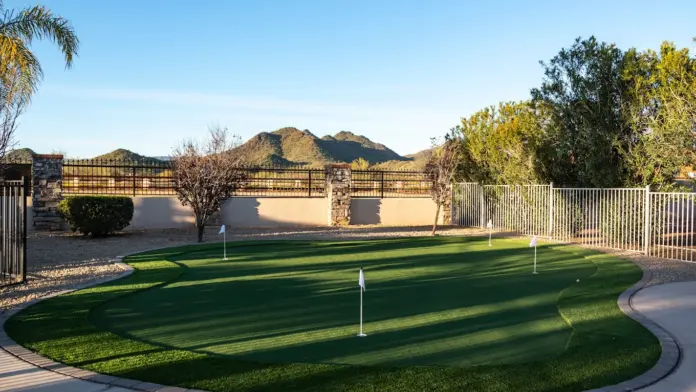
|
Clarksville, IN | Avenues Recovery Center in Clarksville, Indiana, is an inpatient drug and alcohol detox and rehab center. They strive to provide individuals receiving treatment with a loving environment and attentive medical care. You’ll be away from toxic environments and triggers and have the opportunity to focus on developing life skills that will support you | Treatments Programs Payment Options | Avenues is truly amazing. I couldn’t ask for better people to help me start my journey. I’m so grateful for all of you!
Tarrah
1 week ago
Katina is the most thoughtfulness and know and woman everI I love her so much
Shelley McBride
1 week ago
This place although only 30 days has changed my life. The staff is the most understanding group of people I’ve experienced in recovery. If you need and want help I suggest you go to Avenues.
Teresa Lee
1 week ago
| 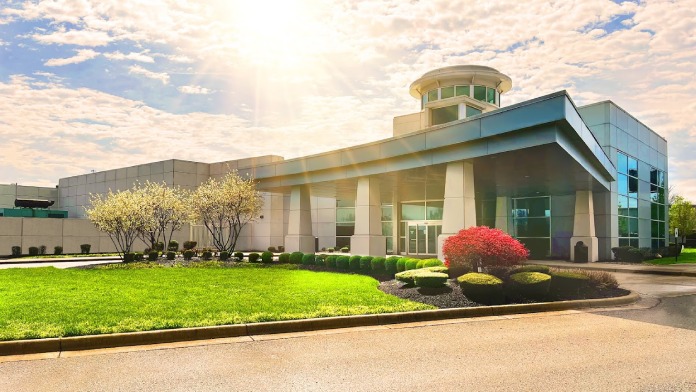
4 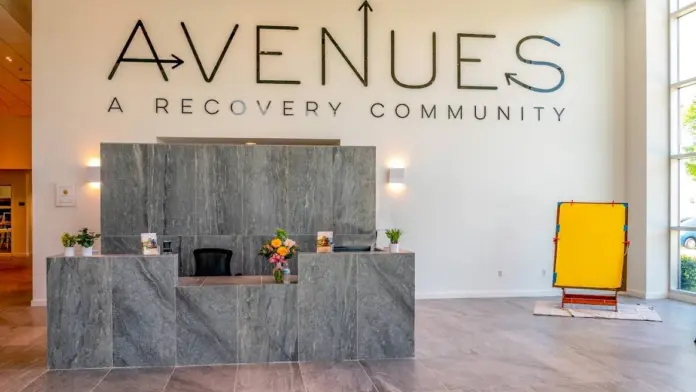
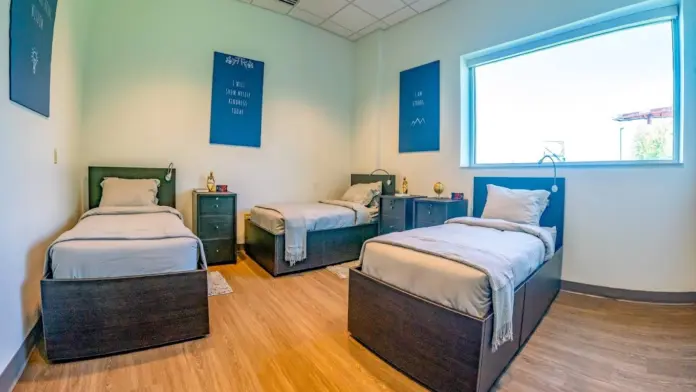
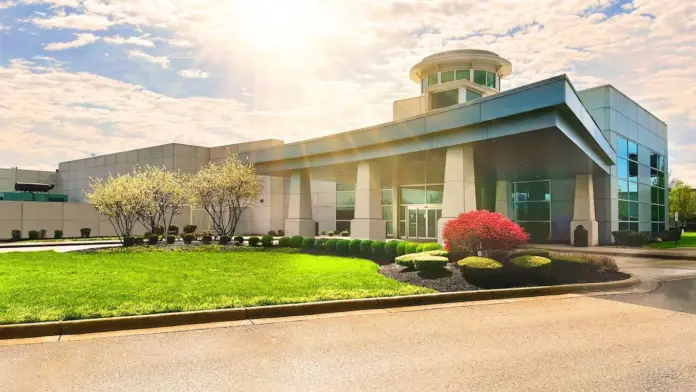
|
Simi Valley, CA 2
Top 10 in Outpatient
Rehab Score
Our Rehab Score is designed to make it easier for you to find the best treatment centers. We combine overall ratings with recent feedback to create a score that reflects a center’s quality right now.
8.80 / 10 | All In Solutions Detox in Simi Valley is one of the best ranked inpatient detox facilities in California providing safe, medically supervised care for individuals beginning their recovery from drug or alcohol addiction. As part of the All In Solutions Behavioral Health network, this facility serves as the first step in a full continuum of care. Cli | Treatments Programs Payment Options | This place saved my life. Great facility and staff. I was very nervous/scared to come here but the staff were very friendly and helpful. If you are thinking about treatment I highly recommend this place.
xCochise
2 weeks ago
This program dramatically help me get back on track in my recovery and was very well staffed and organized was an amazing experience.
Jacob Berghaus
3 weeks ago
I recommend calling the facility to confirm what the sales team tells you is true. The staff facility and people are great.
Amanda Cortes
4 weeks ago
| 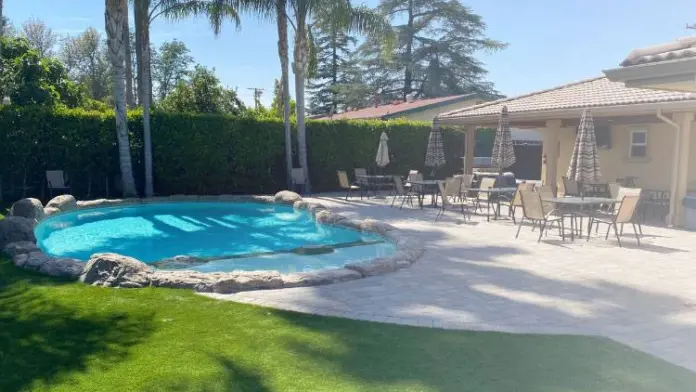
5 5 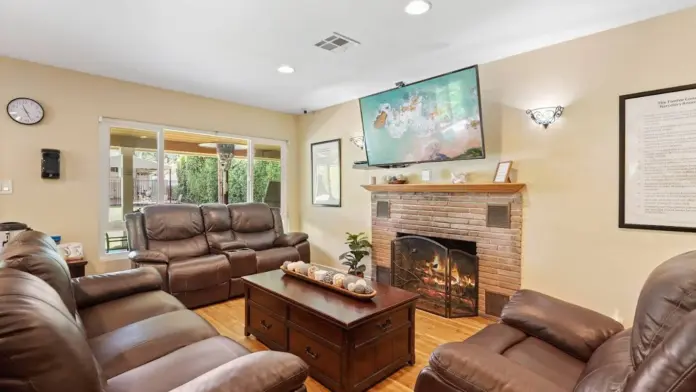
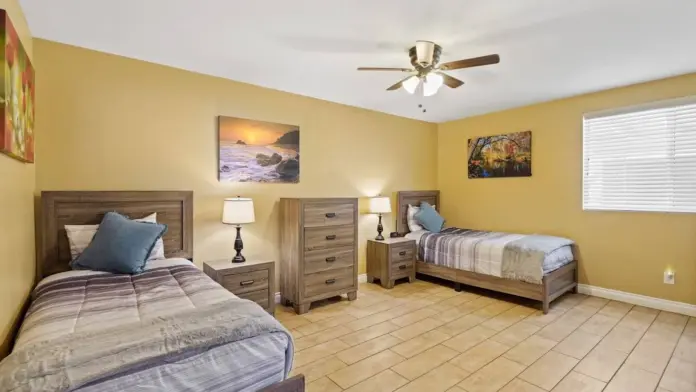
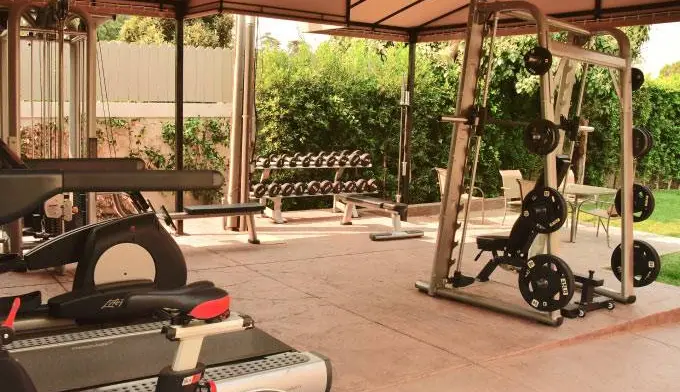
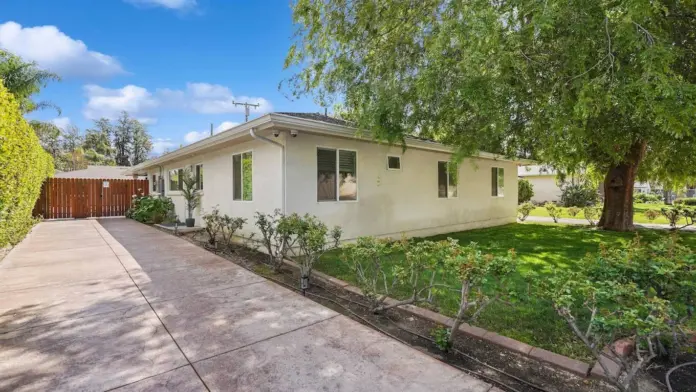
|
Hurst, TX 3
Top 10 in Outpatient
Rehab Score
Our Rehab Score is designed to make it easier for you to find the best treatment centers. We combine overall ratings with recent feedback to create a score that reflects a center’s quality right now.
8.80 / 10 | Symetria – Hurst Outpatient Rehab and Suboxone Clinic in Hurst, Texas, is a private drug rehabilitation clinic for adults. One of the best outpatient rehab centers in Texas, Symetria offers various withdrawal medications to help clients get started with their recovery journey. You’ll also have access to treatments such as the intensive outp | Treatments Programs Payment Options | Symetria is unbelievably amazing!!! The Hurst staff is phenomenal!!! I can’t imagine that another location has a better staff. A special shout out to Deborah, Benjamin, and Samantha of course. You all are doing amazing, amazing, selfless work. You all are very special to so many!!!
Vernon Godsey III
3 months ago
Huge shout out to the team at symetria who make me feel like family I appreciate everything they do and huge shout out to Osagie for helping me! He is AWESOME!!! I love you symetria❤️❤️❤️
Chloe Roseman
3 months ago
BEST PLACE EVER. I have tried various other doctors/clinics and none of them even begin to compare to this one. The staff here is absolutely amazing. I can’t even make a single complaint. Dr Son is the best as well. He explains everything and you truly feel like he understands you. I can proudly say this, this place saved my life. If you or someone you know needs help getting off opiates do it right the first time and come here. You won’t be disappointed. If you are specifically struggling with fentanyl please don’t waste your time with other ways. I have tried 6 other methods from lazer therapy to having the earpiece to suboxone. Methadone is the key to our current fentanyl crisis. This clinic makes recovery possible again!
Mason
4 months ago
| 
5 5 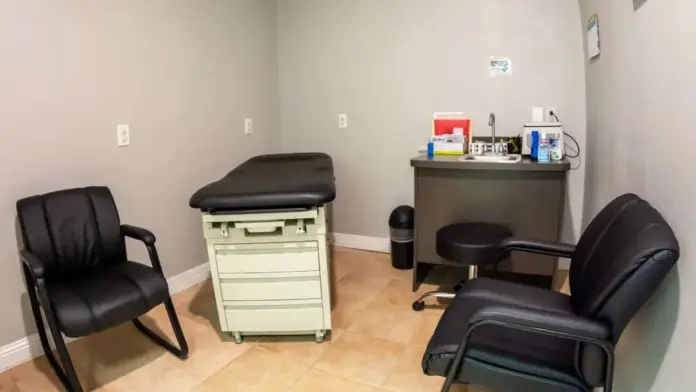
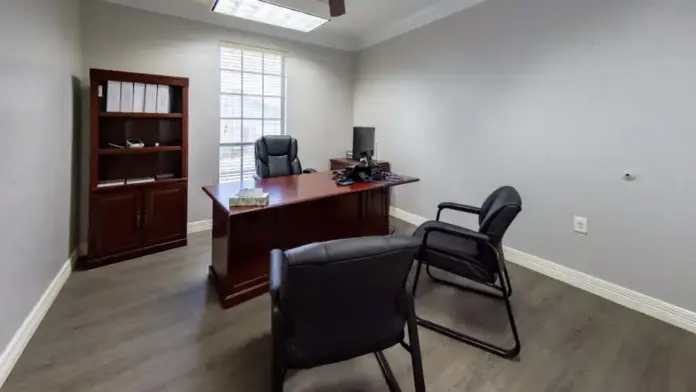
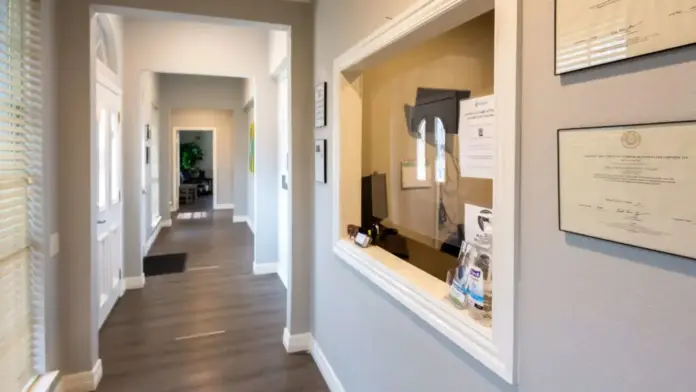
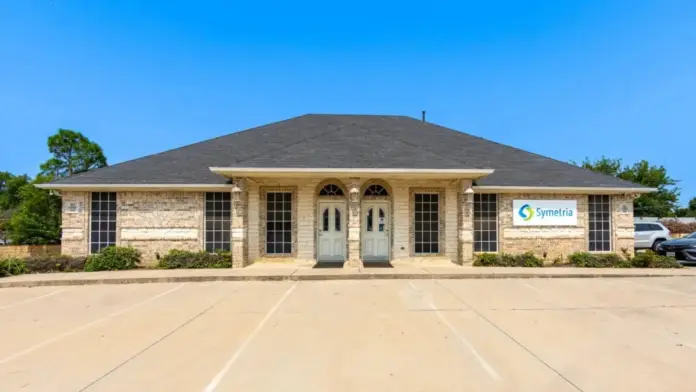
|
Boynton Beach, FL 4
Top 10 in Outpatient
Rehab Score
Our Rehab Score is designed to make it easier for you to find the best treatment centers. We combine overall ratings with recent feedback to create a score that reflects a center’s quality right now.
8.80 / 10 | All In Solutions Counseling Center is a mental health center and addiction treatment program in Boynton Beach, Florida. They provide a partial hospitalization program, an intensive outpatient program (IOP), an outpatient program, medication-assisted treatment, and mental health care for adults with substance use disorder. All In Solutions Counseli | Treatments Programs Payment Options | All In Solutions received me with open arms for the second time. The staff make sure you receive a high quality care treatment. I’m grateful for the love and care . God continue to bless everyone.Thank you for you do .
Jianil Richiez
3 days ago
This place changed my life. My therapist was great and all the staff was great.
Ash Leigh
1 week ago
My time at All in Solutions has been the most valuable important decision I’ve ever made. I have nothing but love and respect and gratitude to all the staff who helped guide me to a freedom I thought I could never have!!! I love you guys from the depths of my soul!!! Thank you Thank you Thank you!!!!
Ben Rhea
2 weeks ago
| 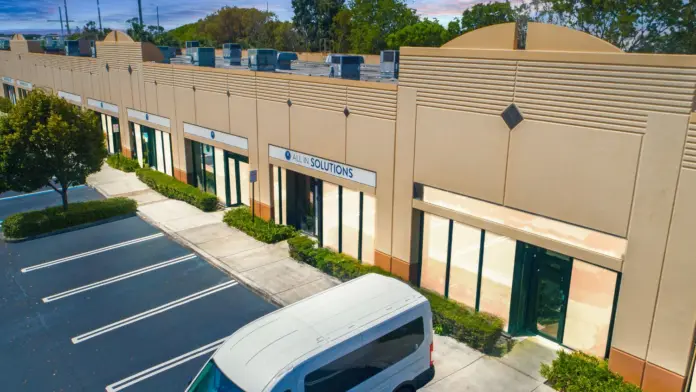
4 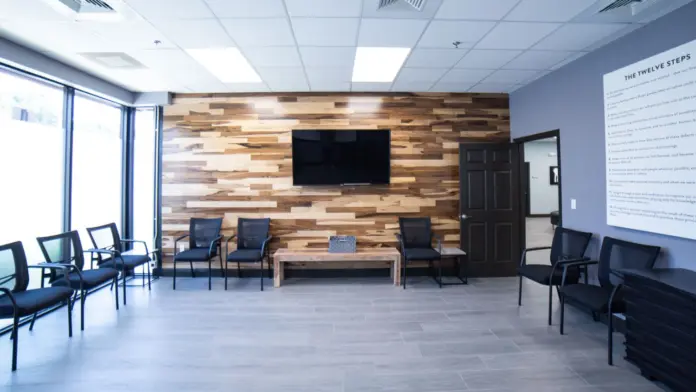
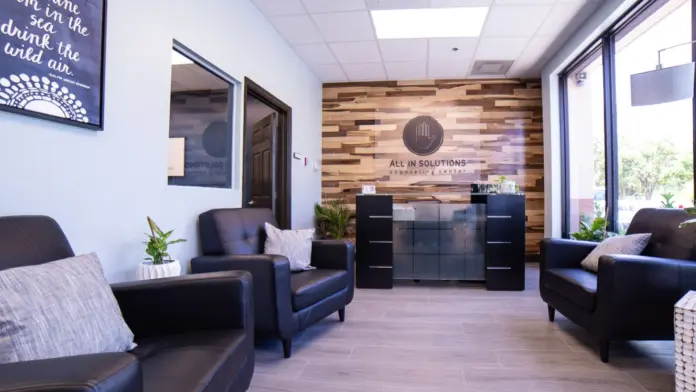
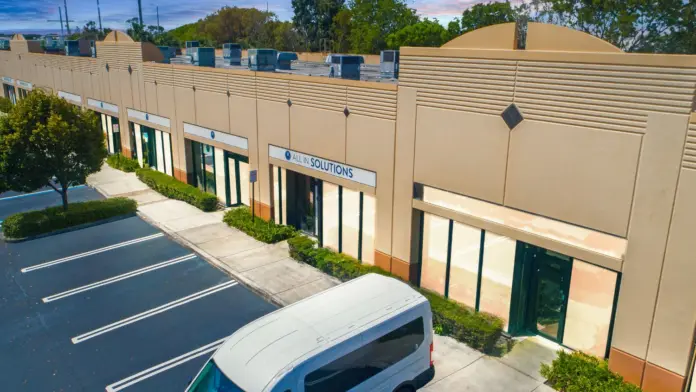
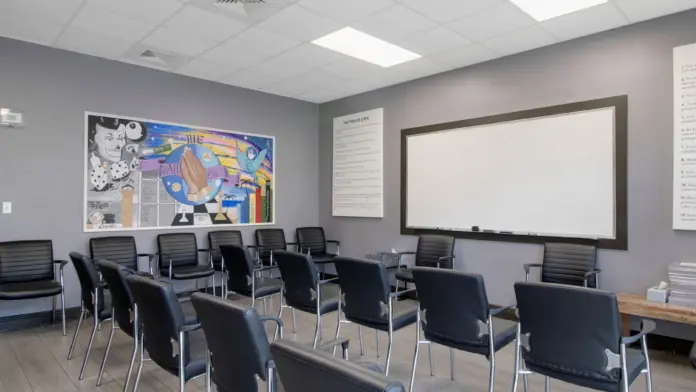
|
Galloway, NJ 5
Top 10 in Outpatient
Rehab Score
Our Rehab Score is designed to make it easier for you to find the best treatment centers. We combine overall ratings with recent feedback to create a score that reflects a center’s quality right now.
8.80 / 10 | Boca Recovery Center – Galloway is a drug and alcohol rehab in Galloway, NJ. They provide inpatient addiction treatment and medical detox. Boca Recovery’s New Jersey Drug & Alcohol Rehab, located in Galloway, New Jersey offers residential addiction treatment, medical detox, and medication-assisted treatment in an immersive treatment s | Treatments Programs Payment Options | My sobriety journey started at Boca. The staff members including Miss Tracey, Hannah and Kevin their alumni coordinator have completely flipped the trajectory of my life. I was immediately taken in with open caring arms and they made my detox process as comfortable as possible. During my stay, Joe was extremely helpful in helping me slowly gain my appetite back and start to feel stronger and was so attentive to my nutritional health. Nurse Patrick was so kind to me during my intake and Kevin still reaches out to me very often to check in and is so helpful in my recovery process. I owe gaining my life, my strength and my family back to Boca and I am eternally grateful❤️
Rianna Dean
2 weeks ago
Great facility with even greater staff. One of the best rehab/detox in South, NJ.
Donna Kratzer
3 weeks ago
Very comfortable stay
Will
3 weeks ago
| 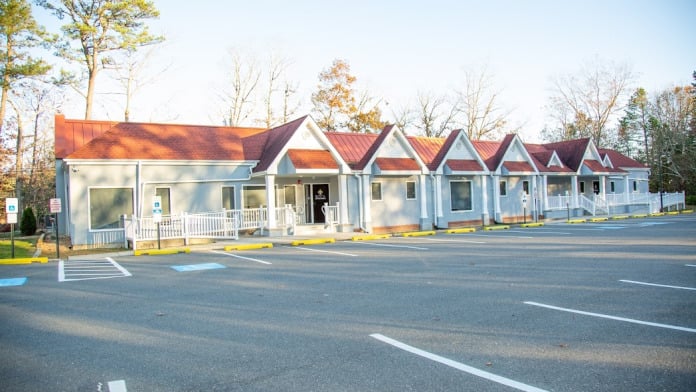
7 7 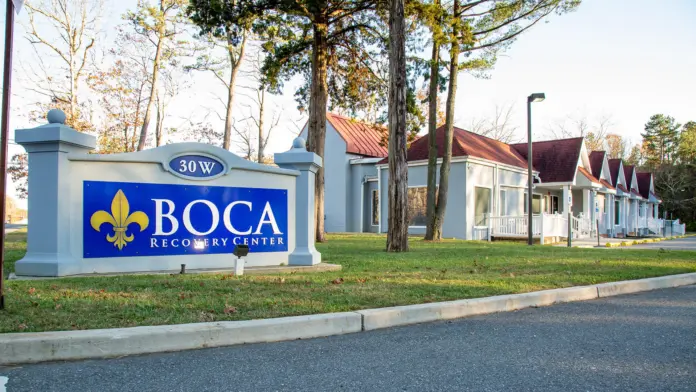
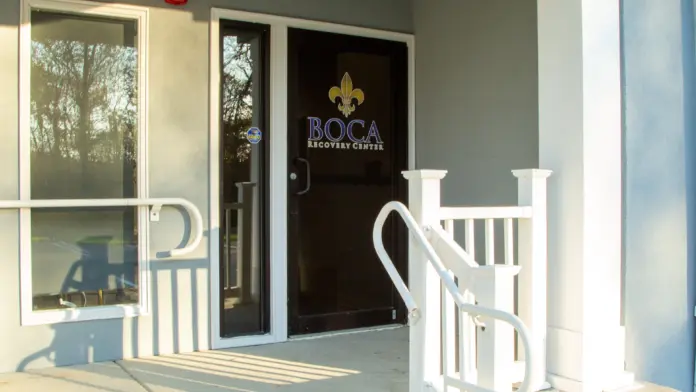
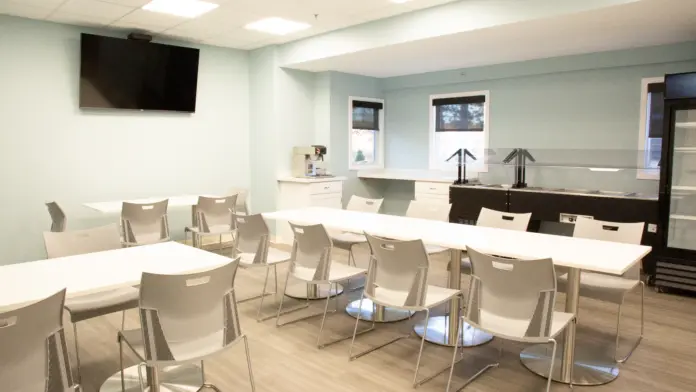
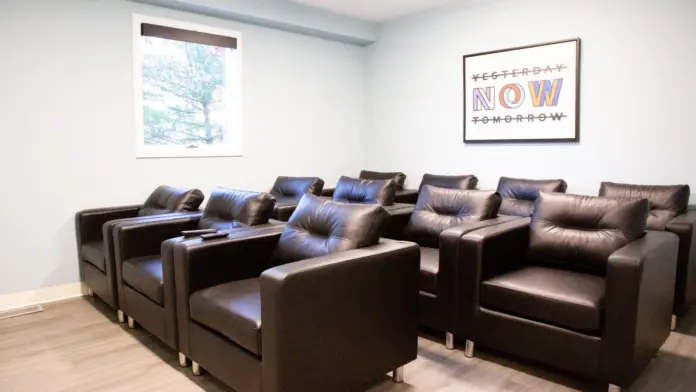
|
Bloomington, IN | The Boca Recovery Center is a luxury alcohol and drug rehab center for adults in Bloomington, Indiana. They specialize in cutting edge addiction treatment provided in a residential setting. One unique part of this alcohol and drug rehab in Indiana is the peaceful, secluded setting. If recovering in a clinical hospital setting doesn’t sound very a | Treatments Programs Payment Options | This place damn near saved my life. Staff is amazing and care almost on a personal level. Nurses are knowledgeable and groups are interactive informative and inclusive
V Montez
5 days ago
Boca recovery was a magical experience during a very difficult time that will always hold a special place in my heart. From top to bottom, the support of staff is second to none.
Tyler and Carrie, Carter, Alexx, Ashley, Brooke, Michelle, Meagan, and the rest of the techs are phenomenal. My therapist January opened my eyes to perspectives I had been missing my entire life and Justin the case manager worked tirelessly from the start all the way until his wife gave birth on my last day to make sure I was set up for success.
The nurses are amazing and the medical attention someone needs during this portion of their recovery is 110% offered around the clock.
The place has everything you need from a gym to recreational activities, spacious beds with luxury amenities. And one cannot go without mentioning the chef, Tim. You won’t find better “rehab food” and conversation.
I owe a thank you to the director John for his efforts to get me into a great program after my stay was over.
To anyone struggling with with mental health and/or addiction, I cannot shout praises loud enough for what this program has to offer each and every client that walks through those doors.
If you want a way out, there’s no better place to check in.
Alex K
3 weeks ago
My name is Derick Caldwell and I had a good time there I learned a lot there the staff was amazing especially the techs and the clients they help me get through my depression and sadness just wanted to say Thanks…I forgot the food was right on time also 😁
James Sander
3 weeks ago
| 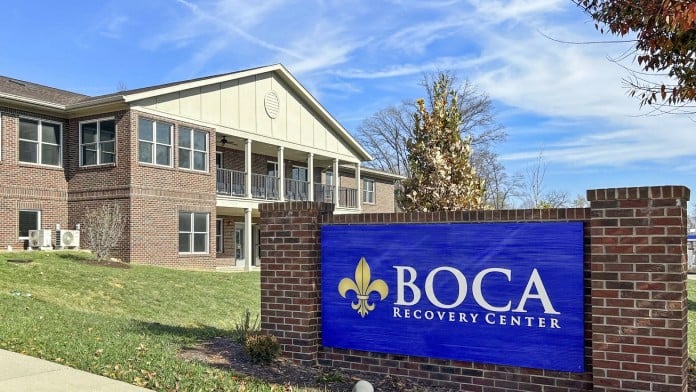
6 6 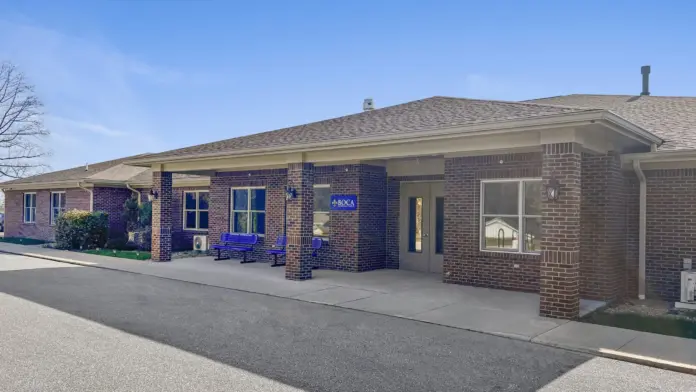
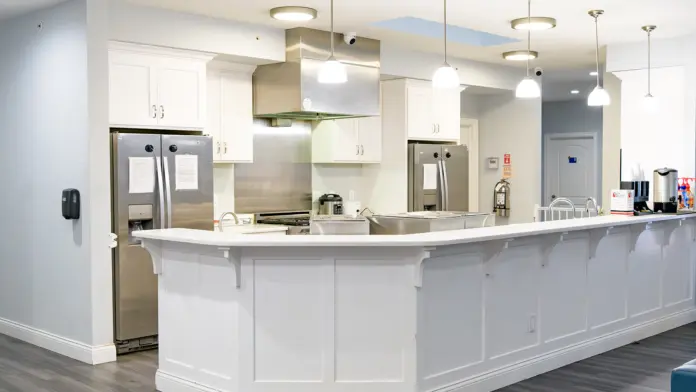
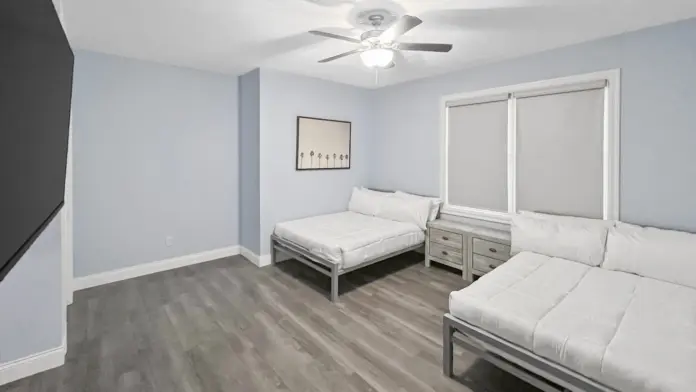
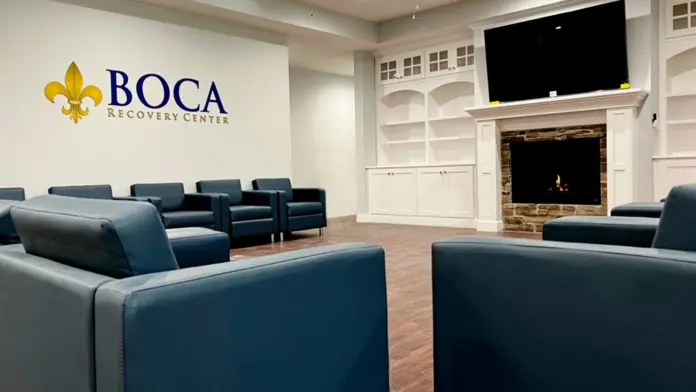
|
Woodbury, TN 6
Top 10 in Outpatient
Rehab Score
Our Rehab Score is designed to make it easier for you to find the best treatment centers. We combine overall ratings with recent feedback to create a score that reflects a center’s quality right now.
8.77 / 10 | If you’re looking for a Christian-based men’s drug rehab center, S2L Recovery in Woodbury, Tennessee, might be the place for you or your loved one. Located at the top of Short Mountain, and overlooking the green hills of Middle Tennessee, this residential and detox clinic boasts a one-to-one staff/patient ratio so there’ll always be someone t | Treatments Programs Payment Options | Coming from Canada, I was hesitant. But God knew that S2L was exactly where I needed to be. At 64 years of age, I was able to discover my true identity, purpose, and mission in Christ. They help you in trying to get clean and sober for sure. But what S2L and the staff are all about is the Gospel of Jesus Christ. That’s why it is so successful.
TIM TANNER
3 months ago
I’ve had the privilege of seeing the life-changing impact this ministry has on countless men & I can’t recommend it highly enough! God has His Hand on this ministry & I’m honored to see the Lord work in these men!
Hunter Stanfield
3 months ago
Come here with a open mind and heart. It can and WILL change your life in all ways. Trust the process and trust God! Could go on and on about how amazing this place, I’ll forever be grateful!
Trevor Woodard
3 months ago
| 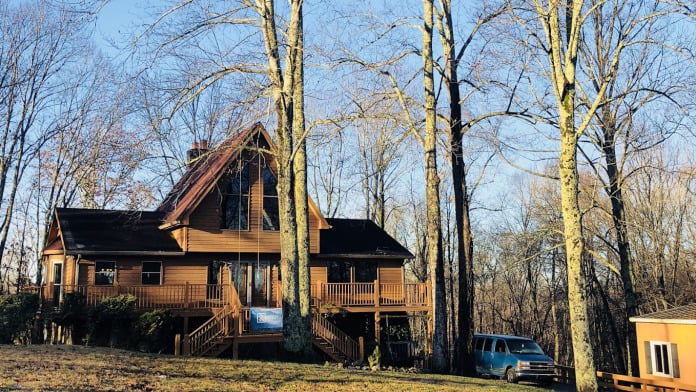
6 6 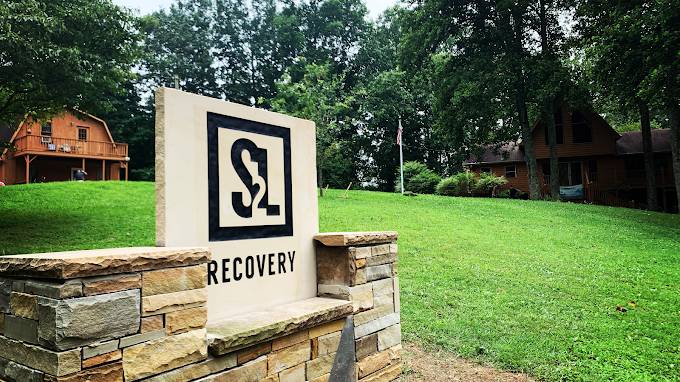

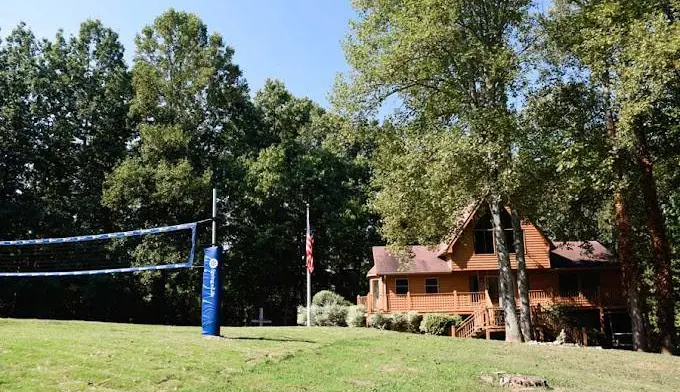

|
Levittown, PA 7
Top 10 in Outpatient
Rehab Score
Our Rehab Score is designed to make it easier for you to find the best treatment centers. We combine overall ratings with recent feedback to create a score that reflects a center’s quality right now.
8.76 / 10 | The Steps To Recovery addiction treatment center is situated in Levittown, Pennsylvania. At this drug rehab center, patients can expect to engage in a unique treatment approach that focuses on helping individuals recover through authenticity, intimacy, community connection, and transparency. Steps to Recovery offers a serene and private environ | Treatments Programs Payment Options | Good place, great housing
Nicole Rivera
2 months ago
Amazing support network and great staff lovely time with my stay at STR buck
William Perry
2 months ago
My experience at Steps to Recovery has been great for the most part, the people and the environment are very welcoming and comforting. I have had some issues that have come up, but they usually get resolved. My only main gripe is with some of the other clients at the community living house fail to clean up after themselves, and some do not know self control. But, the staff here is very professional and easy to talk to. I find that the opportunities here for my recovery journey are pretty good, although I’d like access to more holistic therapy resources. I’ve actually personally facilitated a Dharma meeting and will facilitate more in the future. I appreciate my time here at STR and am excited for the future with them.
Jerry Davis
3 months ago
| 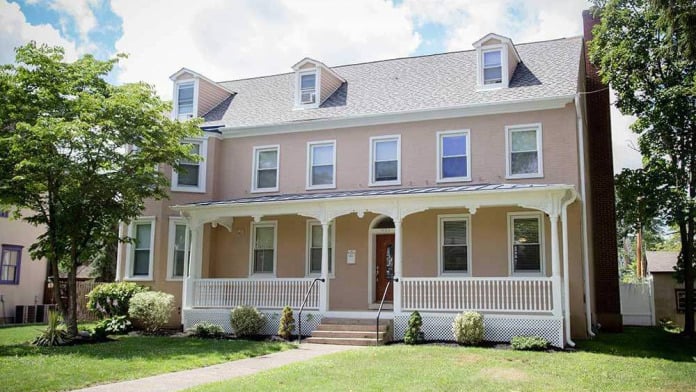
6 6 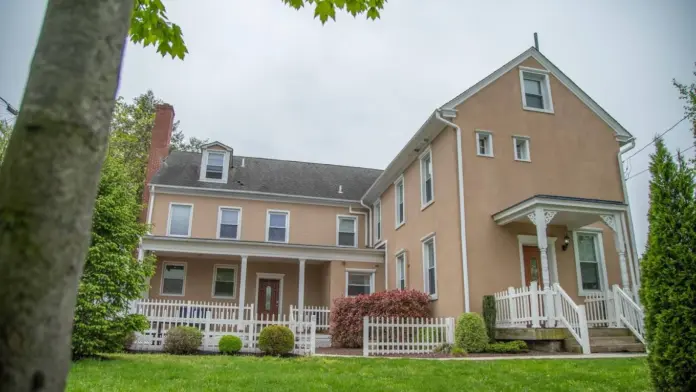
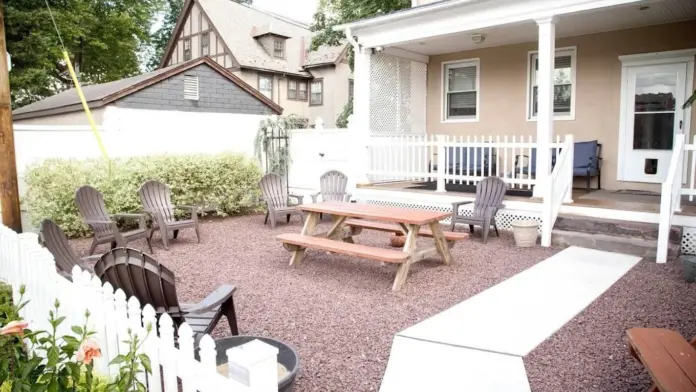
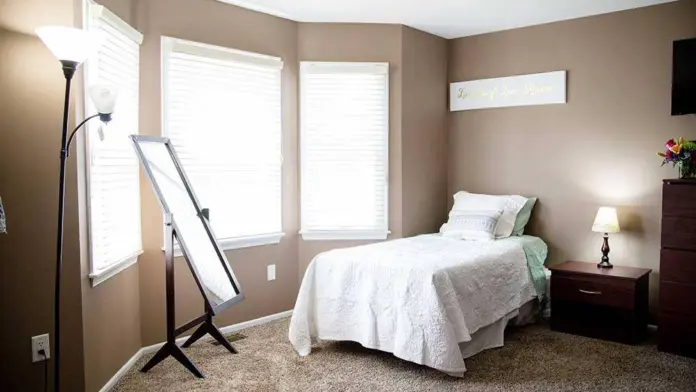
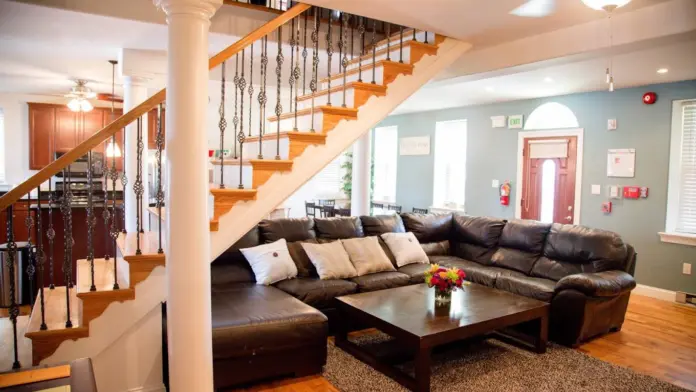
|
Watsonville, CA 8
Top 10 in Outpatient
Rehab Score
Our Rehab Score is designed to make it easier for you to find the best treatment centers. We combine overall ratings with recent feedback to create a score that reflects a center’s quality right now.
8.76 / 10 | Located in Watsonville, California, Elevate Addiction Services provides alcohol and drug rehab services to men and women suffering from addiction. Their levels of care include detox, inpatient treatment, and outpatient treatment. One of the best ranked Outpatient treatment centers in California, Elevate Addiction Services provides a wide continuum | Treatments Programs Payment Options | I have been through other treatment facilities in the past; but Elevate has by far been the best experience I could’ve hoped for. Recovery isn’t just the ability to abstain from substances, but the capability of transforming from within. Not only has Elevate help me appreciate the things within me but everything around me as well. Thank you, Elevate for changing the trajectory of my life and my marriage!!
Michael Amodeo
4 weeks ago
Great place. The staff super nice amd very knowedgable about addictions. Its a very special place. Better than all others ive gone to. Definate thumbs up
Tyler Kerney
1 month ago
Our experience with Elevate Addiction Services has been truly life-changing. From the very beginning, the director, family liaisons, counselors, therapists, continuing care coordinators, house dad’s – we felt genuine compassion and care from everyone we had the pleasure of interacting with. We were kept informed of how our son was doing every step of the way. It never felt like we were alone in this. Everyone at Elevate was fighting for our son right alongside of us.
The love and compassion shown to our son meant everything. Today, he is living clean & sober, feeling confident in the tools and foundation Elevate equipped him with. Elevate welcomed him with open arms. Watching him complete the program and graduate has been one of the proudest moments of our lives.
We are so deeply grateful for Elevate and the loving and compassionate professionals who work there.
Without hesitation, we would highly recommend Elevate Addiction Services to anyone seeking help for themselves or a loved one. They helped our son find his way back.❤️
Kenny & Shelly Wright
1 month ago
| 
5 5 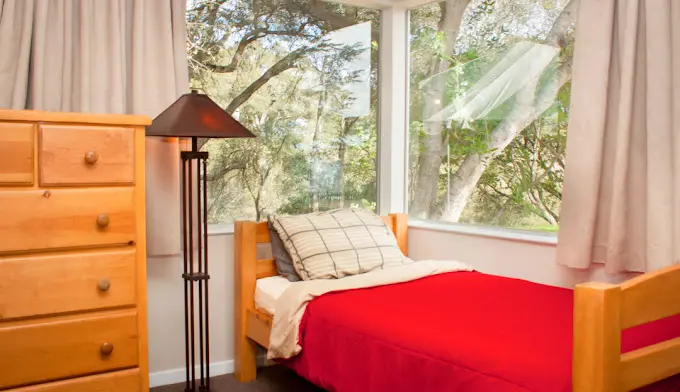
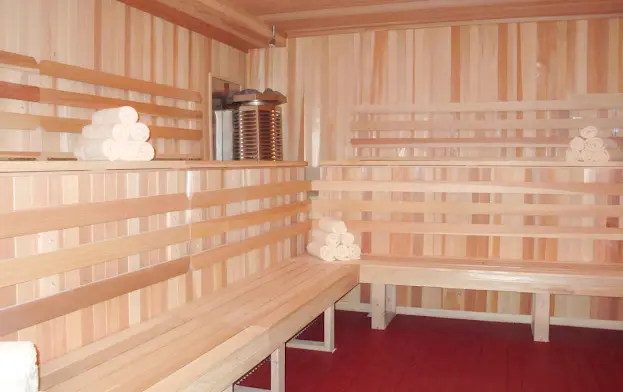
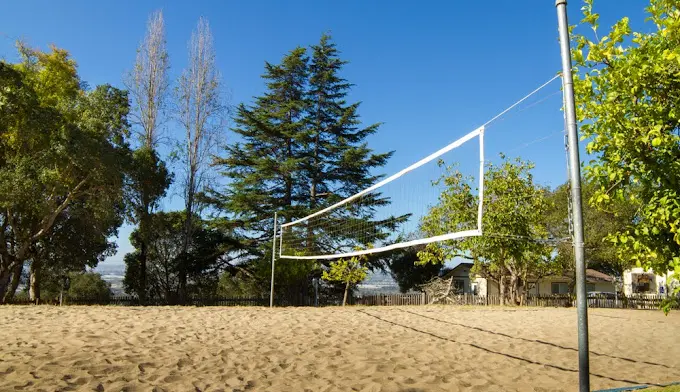
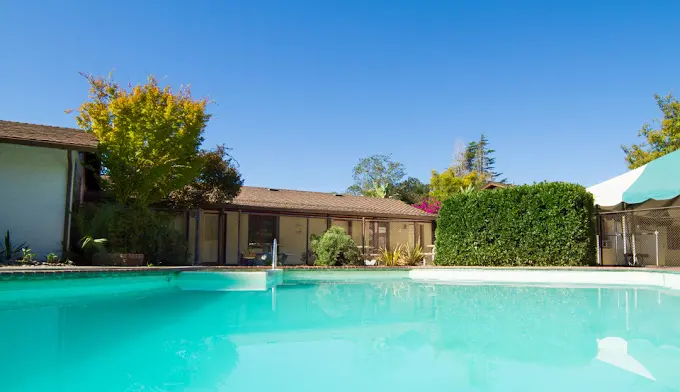
|

Outpatient drug rehab provides a flexible and effective way to overcome drug or alcohol addiction without putting life on hold. Unlike inpatient rehab, outpatient treatment allows you to receive therapy, counseling, and support while living at home and managing daily responsibilities.
This guide will cover the different types of outpatient addiction programs, who these treatment programs are best suited for, how much it costs, and how outpatient compares to other forms of treatment.
By the end you’ll be armed with everything you need to know to find the best program for yourself or a loved one, and determine if outpatient is the best choice for your unique situation.
Key Points
- Outpatient programs offer therapy, counseling, and support while living at home so you can maintain work, school, and family responsibilities.
- Three treatment tiers: Standard Outpatient, Intensive Outpatient (IOP), and Partial Hospitalization Program (PHP).
- Best for mild-to-moderate addiction and stable environments; severe or relapsing cases often require inpatient rehab.
- Uses a mix of behavioral therapies, medication assisted treatment, and group therapy or holistic treatments as needed.
- Pros: flexible schedule, lower cost, supportive home life.
- Cons: less supervision, more triggers, potential attendance drop-off.
What is Outpatient Drug Rehab?
What is Outpatient Drug Rehab?
Outpatient drug rehab is a flexible option for addiction treatment that allows individuals to receive therapy, counseling, and support while living at home and maintaining daily responsibilities.
OP rehab programs do not require overnight stays, making them ideal for people who need treatment but must continue working, going to school, or caring for family.
These programs typically offer a mix of group therapy, individual counseling, and education about substance use disorders. Outpatient rehab can be highly effective for those with mild to moderate addiction or as a step-down level of care after inpatient treatment.
Within the ASAM (American Society of Addiction Medicine) levels of care, outpatient drug rehab is classified as Levels 1 and 2 (depending on the intensity of treatment). This means treatment is less restrictive compared to inpatient or detox programs, and the weekly time required can be tailored to your specific needs and schedule.
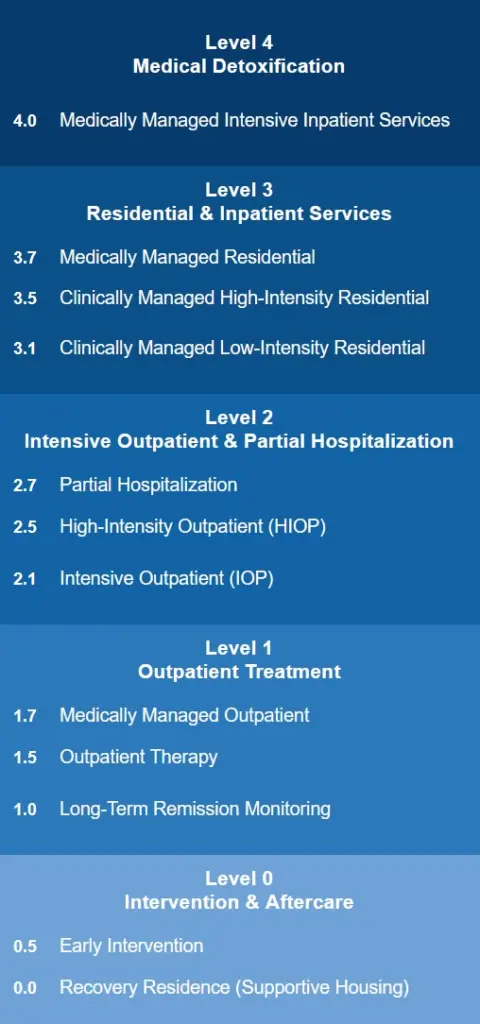
Types of Outpatient Treatment
There are three types of outpatient treatment, with increasing levels of intensity based on the patient’s needs:
Standard Outpatient Treatment
Standard Outpatient Treatment takes place in various settings, including hospitals, community mental health centers, and designated addiction rehab facilities. A typical treatment schedule is about 3-4 hours per day, 3-4 days per week, for an average of 10 weeks.
Standard outpatient treatment allows the most flexibility but also puts more responsibility on the client to maintain sobriety. It is best for those with moderate, not severe, addiction.4
Intensive Outpatient
Intensive Outpatient Program (IOP) treatment is more structured and intense than standard outpatient and is best for those needing more care than standard outpatient treatment, but not requiring 24-hour management.4
IOP programs meet between 9 and 30 hours per week, over 3-5 days, and variations depend on client needs. Programs may last anywhere between 2 months up to 1 year
Partial Hospitalization
Partial Hospitalization Programs (PHP), also called day programs, offer the highest intensity of outpatient treatment and seek to supply most of the services of inpatient treatment, without the need for an in-facility residency.4
PHP programs often have full day programs 4-5 days per week, generally lasting 8-12 weeks.
Outpatient Rehab for Alcohol
Outpatient addiction treatment can be effective for patients seeking treatment for alcohol addiction, particularly those with mild to moderate dependence, stable living environments, and strong social support.
Quitting alcohol “cold turkey” can be dangerous. People with severe alcohol addiction risk life-threatening withdrawal symptoms, such as seizures or delirium tremens, and may require medication-assisted treatment (MAT) or supervised detox for the first 3–7 days to ensure safety.
If you have a severe pattern of alcohol use and can’t attend an inpatient program, outpatient rehab may be medically necessary to safely navigate these symptoms with medications like naltrexone or acamprosate.
For less severe cases of alcohol addiction, mutual support groups like AA meetings are another option to build healthy habits and get outside support.
Call A Treatment Provider
For a conversation about what treatment options are available to you.
Make a Call
What Are the Benefits of Outpatient Rehab?
What Are the Benefits of Outpatient Rehab?
There are many reasons why an outpatient program might be a better fit for you or a loved one. Some of the pros of outpatient drug rehab programs are:
Maintain work and school commitments
Staying at home means you can continue to take part in outside activities, such as work, school, or caring for family.
Lower cost than inpatient rehab
Outpatient programs cost between $100 – $250 per day, which is 3x – 4x less than the average inpatient program.
Flexible scheduling
You can typically choose between day or evening sessions, and treatment plans may be tailored around your schedule..
Family Support
The ability to be home each night can help you maintain family support and encourage you to be responsible and committed to your sobriety.
Build community with program peers
Finding new friends with the common intention to remain sober will provide new friendships, support, and accountability partners.
Develop skills learned during inpatient
If you attend outpatient after leaving an inpatient program, it is a good opportunity to practice and further develop the skills you learned there.
Potential Drawbacks of Outpatient Rehab:
That said, outpatient drug rehab might not be the right choice for everyone. Here are some of the main drawbacks
Less supervision and structure
Outpatient treatment offers less oversight, which may make it harder for some individuals to avoid triggers and high-risk situations.
Greater exposure to daily stressors
Because you remain in their home environment, you might face ongoing stress and temptations that can make recovery more challenging.
Not ideal for severe or complex addictions
Those with a long history of substance use or co-occurring mental health conditions may require the intensity and support of inpatient care.
Risk of missing sessions or dropping out
Flexibility can sometimes lead to inconsistent attendance or reduced engagement with treatment.
While outpatient rehab provides many unique benefits and can be a highly effective option for many, it is important to consider both its advantages and limitations when deciding if it’s the best fit for you or a loved one.
How do residential and outpatient rehab programs compare?
How do residential and outpatient rehab programs compare?
Residential drug & alcohol treatment and outpatient rehab programs differ in their level of structure, intensity, and environment, making each better suited to specific needs and recovery goals.
Outpatient Success Rate
Between 50 – 70% success rate for patients 1 year after completing outpatient programs.
Inpatient Success Rate
Between 60 – 80% success rate for patients 1 year after completing inpatient programs.
Inpatient programs have been shown to have a slightly higher long-term success rate, but that comes at the tradeoff of a much higher cost per day, along with the inability to return to your normal daily life between treatments.
The right choice ultimately depends on your lifestyle, addiction severity, and at-home support system.
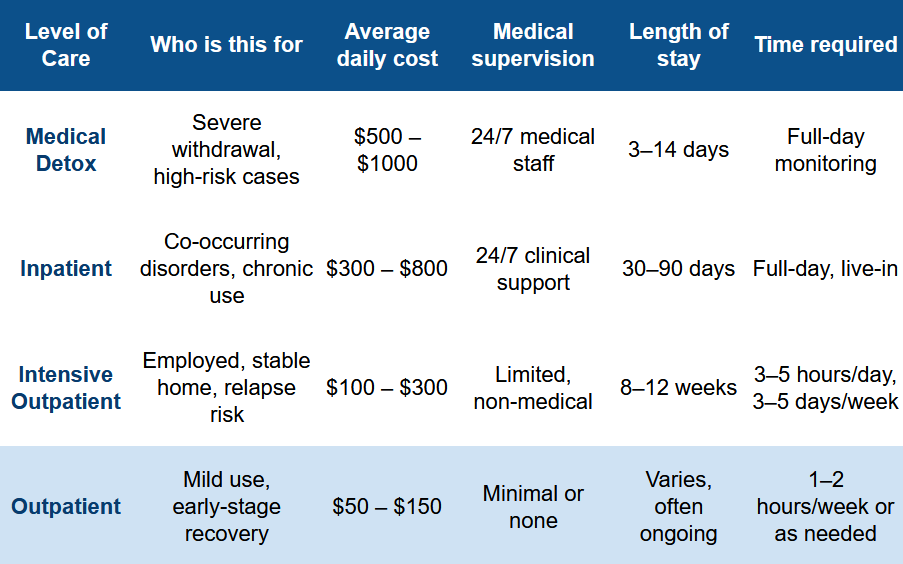
Outpatient drug rehab might be the better choice if you:
- Have strong support from family or friends at home
- Need to continue working, going to school, or caring for loved ones during treatment
- Are dealing with a mild to moderate substance use disorder and feel confident in your ability to stay motivated outside of a structured facility
Inpatient (residential) drug rehab might be the better choice if you:
- Need a safe, immersive environment away from daily triggers and distractions
- Are struggling with a severe addiction or have experienced repeated relapses
- Require access to 24/7 medical supervision, mental health care, or specialized therapeutic support
What to Expect During Outpatient Rehab
What to Expect During Outpatient Rehab
If you do think outpatient treatment might be the right approach for your situation, here’s what a typical course of treatment looks like for most outpatient rehab programs.
A normal day in outpatient drug rehab involves a combination of structured therapy sessions, group support meetings, and personal check-ins.
- Individual Counseling: Meet regularly with a therapist to discuss personal progress and challenges.
- Group Therapy: Participate in group sessions for peer support and shared experiences.
- Educational Workshops: Learn about addiction, coping strategies, and relapse prevention.
- Family Involvement: Some programs include family therapy or education to strengthen your support system.
- Personalized Care: Treatment plans are tailored to your unique needs and goals.
- Ongoing Accountability: Regular check-ins with professionals to track progress and provide encouragement.
- Life Skills: Practice new skills and strategies for maintaining sobriety in everyday situations.
- Medication: Manage withdrawal side effects to safely wean off harmful drugs and alcohol.
You can expect to attend these sessions several times a week, for anywhere from one hour per day to five or six hours depending on the severity of your addiction.
Over time, the frequency and duration of sessions will gradually decrease as you become more stable and steady in your new habits. Eventually, you may only need to attend the occasional peer support group or check in with a therapist or sponsor as needed.
Call A Treatment Provider
For a conversation about what treatment options are available to you.
Make a Call
What Therapies Are Used in Outpatient Rehab?
What Therapies Are Used in Outpatient Rehab?
Therapies used in addiction treatment vary according to the facility. Some offer specialized therapies such as Trauma Therapy, Holistic Therapy, Art Therapy, or Faith-based approaches. However, most facilities also offer some form of these standard psychological therapies:
- Cognitive Behavioral Therapy (CBT) is the most common psychological therapy used in outpatient treatment. It is often used in a group setting, but it can be used in individual therapy sessions as well. CBT teaches clients to recognize distorted thinking patterns and how they are causing problems. CBT strategies then help clients change their thinking toward more realistic and helpful ideas.
- Rational Emotive Behavior Therapy (REBT) is a subset of Cognitive Behavioral Therapy. Whereas CBT focuses mainly on rational thinking, REBT emphasizes the need to understand and reflect on the emotions and beliefs that underlie irrational thoughts. The ABC method of cognitive behavioral therapy is then used to dispute and neutralize the negative or self-defeating emotion. (A = an Activating event or situation that triggers negative thoughts and emotions. B = Beliefs that the person holds about the activating event. C = consequences– the behavioral responses that result from the beliefs.)
- Contingency Management is a method of increasing motivation for clients to avoid drug or alcohol use. As an example, upon a negative (clean) drug screen, a client may receive a reward of a prize or gift card.
- Motivational Interviewing is a counseling method that addresses ambivalent feelings and insecurities and helps a client find the internal motivation to make life changes. It uses open-ended questions, active listening, empathy, and affirmative support to help clients increase their readiness for change.
- Family and/or Couples Therapy involves family members in the treatment process. Family interaction increases client accountability for their actions, reinforces their commitment, and provides support from the most important people in their lives.
How Much Does Outpatient Rehab Cost?
How Much Does Outpatient Rehab Cost?
Treatment costs for rehab will vary according to the type of program, level of care, the location of the facility, the duration of the program, and what level of care you need.
If you need detox services, or if you have a co-occurring mental illness that requires medication management, you are more likely to be a candidate for inpatient treatment or partial hospitalization treatment, which are more costly.
According to the National Drug Helpline, the current average costs per day for different types of addiction treatment care are:2
$50 – $250
Standard outpatient
Typically 1 to 3 days per week for 3 to 6 months.
$100 – $300
Intensive outpatient
Typically 3 to 5 days per week for 1 to 3 months.
$250 – $1000
Inpatient treatment
Typically 7 days per week for 1 to 3 months.
$25 – $50
Outpatient MAT
Typically 3 to 7 days per week for 3 to 6 months or longer.
Does Insurance Cover Outpatient Rehab?
If you have health insurance, your policy will likely cover treatment for substance use disorder. You will need to check with your provider to determine how much of the cost your health plan covers and how much your co-payment may be.
You can also check if your insurance covers drug rehab by checking our list of top providers and facilities that accept them. Many treatment centers can help in assessing your out-of-pocket costs based on your specific provider and plan before you make any commitments to treatment.
Some low-cost and free state-funded programs are available, although there may be a waiting list for the program you choose. If none of the above options are available to you, see other ways to pay for rehab to learn more about your options.
Self-Assessment Quiz
Self-Assessment Quiz
When deciding whether you should choose inpatient or outpatient treatment, you should consult with your doctor or counselor for advice. The following quick quiz can help you identify if you should talk to your doctor about outpatient rehab treatment.
- How severe is your substance use disorder? Do you need detox and/or medication?
- Do you have a co-occurring mental health disorder?
(If you answer is “yes” to either of the questions above, you will more likely need the 24/7 support that inpatient treatment provides.)
- How strong is your family support system? Is your home environment an asset?
- Is your living situation stable? Do you have a safe, consistent place to live?
- Are you transitioning out of inpatient treatment?
(If you answered “yes” to the above 3 questions, then outpatient treatment would be a viable option for you. But if your home environment would pose a risk to your sobriety, you might want to seek other options – either inpatient treatment or alternative housing for the duration of your treatment.)
- You can’t or don’t want to quit work or take a leave of absence.
- You want to be close to loved ones.
- You are confident that you can avoid drugs or alcohol within your environment.
- You’re seeking additional support outside of your family and current peer group.
- You can’t afford an inpatient treatment program, but you want to take steps towards overcoming an addiction.
(If your answer is “yes” to the final 5 questions above, then outpatient rehab treatment would likely be of benefit to you.)
This quick quiz is for informational purposes only and is not a medical diagnosis. Please talk to your healthcare provider if you think you may have a substance abuse addiction for a formal diagnosis.
FAQs
FAQs
How long is outpatient rehab?
Most outpatient programs last anywhere from a few weeks to several months. The exact length of outpatient rehab can vary widely depending on your needs, the severity of the addiction, and the specific program and treatment methodology used.
Standard outpatient rehab might involve 1 or 2 sessions per week for 8 to 16 weeks, while intensive outpatient programs (IOP) or partial hospitalization programs (PHP) often last 2 to 3 months or longer with more frequent weekly sessions.
It’s not uncommon for patients in recovery to maintain regular outpatient sessions for years after initial addiction treatment has concluded.
Can I continue working or attending school while in outpatient rehab?
Yes, one of the main advantages of outpatient rehab is its flexibility to work or attend school. Most programs are designed to accommodate work or school schedules, with sessions often held in the evenings or on weekends. This allows clients to maintain their daily responsibilities while receiving treatment and support.
Is medication-assisted treatment (MAT) available in outpatient programs?
Many outpatient rehab programs offer medication-assisted treatment (MAT) as part of their services, especially for opioid or alcohol use disorders. MAT combines FDA-approved medications with counseling and behavioral therapies to increase the chances of successful recovery. Availability varies by provider, so it’s important to ask about MAT options during your initial assessment.
What happens if I relapse during outpatient treatment?
Relapse is considered a potential part of the recovery process, not a failure. If you relapse during outpatient treatment, your care team will reassess your needs and may adjust your treatment plan. This could include more frequent therapy sessions, a higher level of care, or additional support resources to help you get back on track.
What kind of support is available for families in outpatient rehab?
Family involvement is often encouraged in outpatient rehab. Many programs offer family counseling, education sessions, or support groups to help loved ones understand addiction, support recovery, and heal relationships affected by substance use.
Find Outpatient Addiction Treatment Near You
Find Outpatient Addiction Treatment Near You
Finding the right outpatient drug rehab center can make all the difference in your journey toward lasting recovery. Use our website directory to easily search and compare the best outpatient rehab programs near you, so you can choose the best fit for your needs and lifestyle.
Ready to take the next step? Call
800-985-8516
( Sponsored Helpline )
now to get answers to your questions and learn more your treatment options.
Every step you take toward recovery is an act of courage. Even if the road feels uncertain, you are moving forward, planting the seeds of change. Reach out, and let hope spark something extraordinary in your life.
Resources:
Resources:
- National Center for Drug Abuse Statistics. Drug Abuse Statistics https://drugabusestatistics.org/
- National Drug Helpline. Cost of Dug Rehab in 2023 https://drughelpline.org/rehab-cost/
- National Institutes of Health Library of Medicine/ SAMHSA/CSAT. Treatment Improvement Protocols, Chapter 3: Intensive Outpatient Treatment and the Continuum of Care https://www.ncbi.nlm.nih.gov/books/NBK64088/
- National Institutes of Health/National Library of Medicine. Substance Abuse Intensive Outpatient Programs: Assessing the Evidence National Institutes of Health/National Library of Medicine. https://www.ncbi.nlm.nih.gov/pmc/articles/PMC4152944/
- Substance Abuse and Mental Health Services Association. SAMSHA National Helpline https://www.samhsa.gov/find-help/national-helpline
- Kaiser Permanente Health Encyclopedia. Inpatient and Outpatient Treatment for Substance Use Disorder Kaiser Permanente Health Encyclopedia https://healthy.kaiserpermanente.org/health-wellness/health-encyclopedia/he.inpatient-and-outpatient-treatment-for-substance-use-disorder.ad1101
Outpatient Addiction Centers Nearby
Finding facilities near you…



